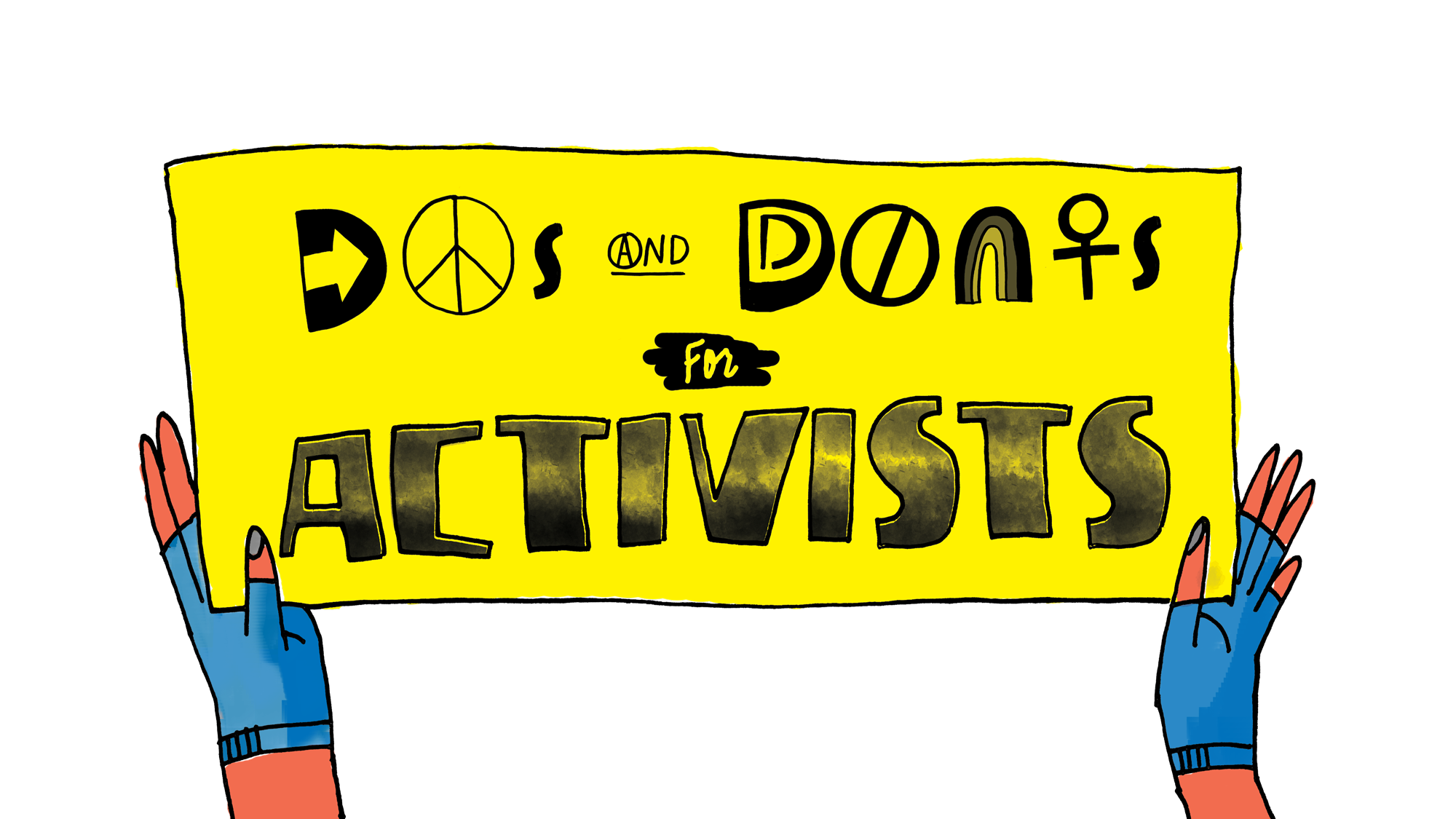As a 12-year metro councilor, Rex Burkholder pushed climate change as a consideration in city planning. As an activist, he helped found both environmental group Coalition for a Livable Future and the biketivist Bicycle Transportation Alliance, now The Street Trust—helping pushing through bike lanes, greenways and bike racks on buses. He currently sits on the board of immigrant advocacy group Unite Oregon. His new book, The Activist's
Toolkit, is a how-to guide for getting do-gooder shit done.
In advance of Burkholder's appearance at Powell's Books on Thursday, January 25, we interrupted our political efforts—which consist mostly of hitting "love" when somebody says white dudes are bad on Facebook, plus signing change.org petitions against Trump—to ask what actions actually help get laws changed.
WORKS

Finding other people to work with.
"People forget, we don't do anything by ourselves. I can't even eat breakfast without somebody having a chicken, and the chicken laying an egg. Trying to make a park in your neighborhood? Ask around to find like-minded people. If you want to end world hunger, look around and see who else is already doing the work."
Committing to your cause.
"The civil rights movement worked because it was a concerted effort—it was based on strong organization. [Congressman and civil rights leader] John Lewis did not get armed, but he put his life on the line constantly. He argued with the civil rights leaders who said, "Let's be nice." He led and was apart of the sit-in movement. He was effective because he lived his beliefs. Martin Luther King got on board and said, I probably won't live through this."

Having a cup of coffee with a public official.
"Those public meetings, they're a show. It's show time. If you really want to make a change you'll say, I want to sit down with you. It also involves talking to staffers. Find out who they are, ask them who their family is, ask them how you can work together to make life better for everyone. It's about building those relationships, even when you disagree."

Writing a check if you can't DO THE work yourself.
As someone who's had to raise a lot of money, I appreciate it when people say, "Yes, I'll help you out." As a parent, I've been there: "I can't go to meetings three times a week, but if you're willing to do the work, I'll write a check." It's not a substitute. But sometimes you've got time, sometimes you've got kids and jobs.
DOESN'T WORK
Signing a change.org online survey.
"I don't look at them."

Changing individual hearts and minds by debating on Facebook.
"Oh my God—you can't be serious."
Marches and protests to express outrage.
"It's nice for building a sense of solidarity, but unless you're ready with sign-up sheets, it's not very effective. Where's Occupy today? Did we change anything? I don't think we did. The question is, what do you want, and what are you willing to do to get it? Is this it? Communication depends on people actually hearing what you're saying."

Calling out allies for being less pure.
"One thing about getting old is you realize the world's not perfect. You realize that purity is a false thing. Let's say I support bicycle infrastructure, but I have a job at Nike and my wife has a job in Troutdale. We're going to live in the middle and split the commute. An activist doesn't have to be a monk and give up their regular life.

Making speeches at City Hall meetings.
"Speeches don't change minds. Protest marches don't change minds. They make people feel less alone. It's legislation, and it's courts: That's how you change the country. That takes organizing and building power. As a person, you can start an organization and get staffers. Or you can say 'I'm on your side, count me in as one of your tribe, I will help.' But I'm kind of an old, conservative rule follower. The other part that I'll admit: I live in a society where white people don't get killed for having differences of opinion. I've met with people who don't have those choices. I've met with Egyptian activists. They asked, 'What do we do when the government kills us?' I said, 'I don't know. I'm lost.'"
GO: Rex Burkholder reads from the Activist Toolkit Thursday, Jan. 25, at Powell's on Hawthorne, 3723 SE Hawthorne Blvd., powells.com. 7:30 pm. Free.

